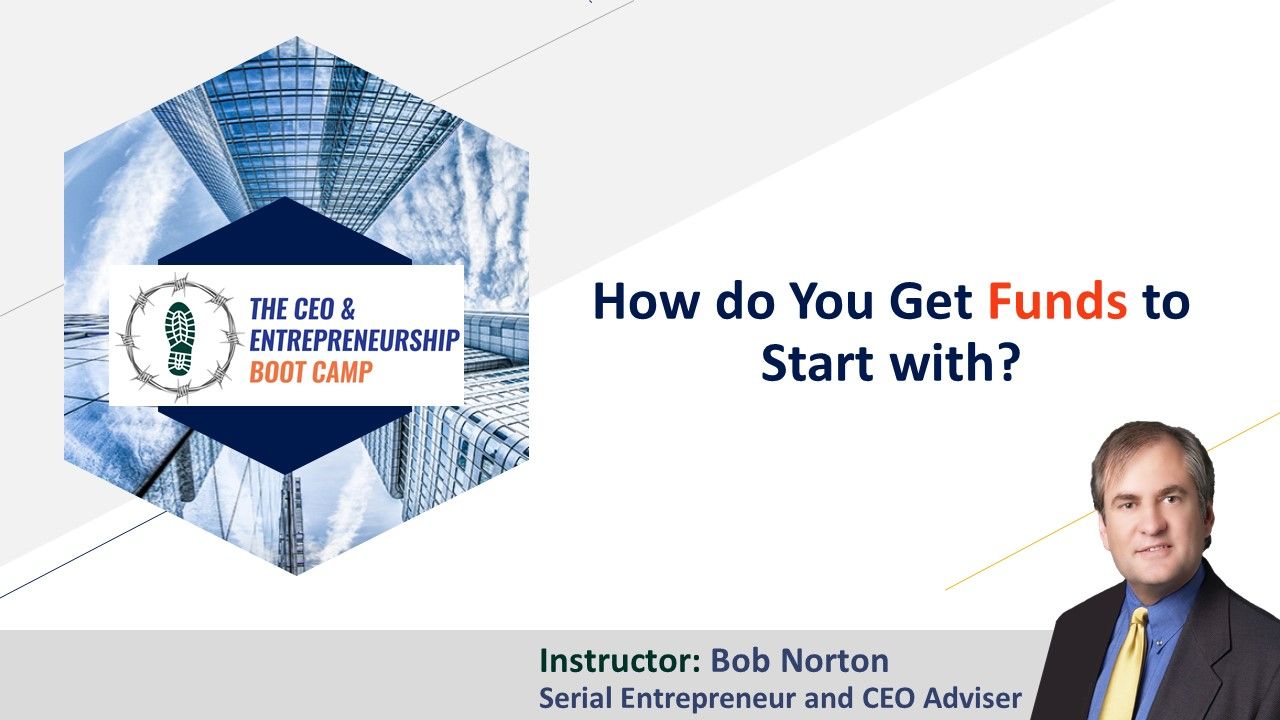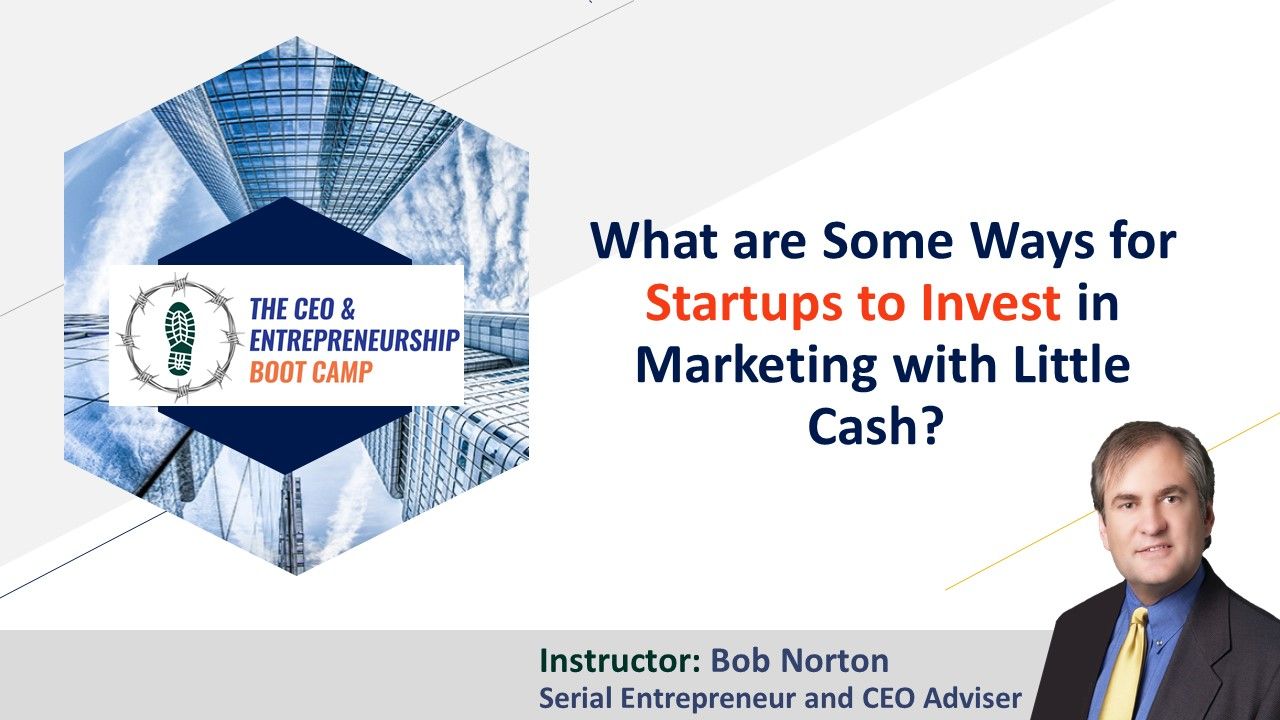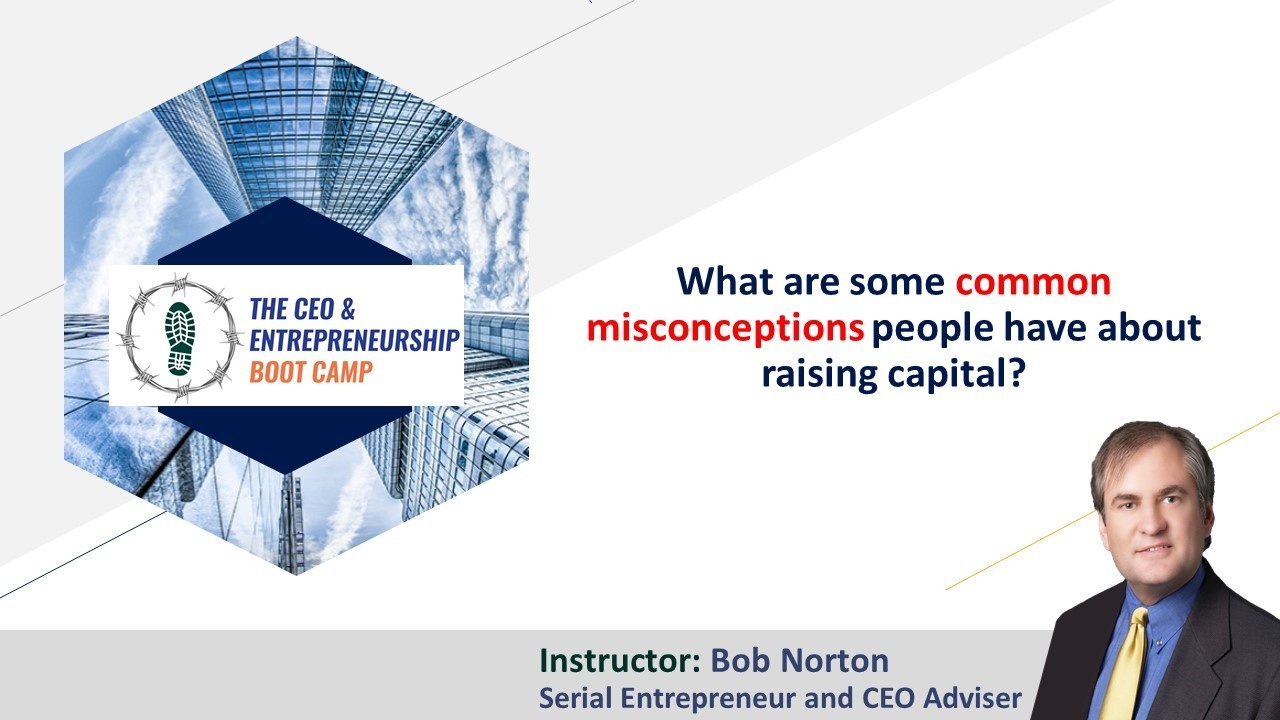What Does It Take to Build A $100M Company – Matrix?

And beat the odds that only 1 in 6,300 will reach this level of annual sales. The attached diagram shows the skills, systems and experience needed on that team. Each cell would take at least 5 years’ experience to acquire and master that skill area. So, we are looking at 100 years of experience cumulative for the company as a whole.
Most people think they are “ready to scale” as soon as they have some sales. This is never true. In fact, you need at least 4 levels of stuff in 5 business areas, or your odds of success are very low. This can be thought of as the “do, hire/train, manage, plan” levels too. And maps into individual contributor, manager, executive and CEO/board (long-term vision stuff).

It takes many years to acquire the skills needed to build a significant company. Anyone can build and run a small company with ~7 people. After that, the skills required are very different. And you need a senior team (c-suite or...
If I Pitch an Idea to a Private Investor, What Happens If They Steal It?

Ideas are worthless. And it would be totally legal for them to steal them. Maybe you are confusing patents, copyrights and other intellectual property.
An “idea” has no legal protections. And you can be pretty sure you are not the first one to have any given idea too. And if anyone can steal a single “idea” and replicate your business, it is a very bad business. What you need is lots more including many things like a business model, target market, product/service and hundreds of ideas.
Companies need a team, plan and many protectable ideas. These are protectable intellectual property when kept as trade secrets, patents and copyrights. Almost every company should have some of these and contracts with employees to prevent them from taking them.
Investors do not sign non-competes or non-disclosures because they need to meet too many people.
Frankly, if your “idea” is all you have, you should not be talking to investors as you are...
What Is A Reasonable Salary For Early Founders When Raising Outside Capital?

A reasonable salary for any CEO or founder is a $100K to $200K today. This depends on their experience and market value which could easily be $500K+. A CEO with ten years in that seat is worth $300K to $500K base salary, but investors want them to have skin in the game and urgency too.
Like a salesperson you never pay them enough in base salary to be totally happy, or financially comfortable. Stock value should be the main long-term motivation. At 20% capital gains tax, not 50%+.
What is more important is that the base salary is a small fraction of the upside of their equity. Investors want founders 100% focused, not worried about paying their personal bills, or moonlighting to do that.
Building a company is a marathon not a sprint. All the founders need to be committed for a 5 year period. And in any VC level opportunity ought to have at least $10M to $20M upside with reasonable success. With 3 to 5 key players that's a $100M stock option pool. Normally at least 10% of the company,...
How do You Get Funds to Start with?

Raising money is very difficult and only possible for companies that can grow large and provide a nice return to investors that warrants the risk. This is for “Equity” or stock sales. Debt can be used with home equity loans, credit cards, friends and family though if you are just starting and have no product or team.
I recommend you do not start a company without at least 6 months personal expenses in the bank. Most of your input to create value (so shares can be sold for something over $0.00) will be from sweat equity. This “bootstrapping” creates value and shows investors you have the skills and a plan.
For a “real startup” with a product that must be created plan on a year to develop a plan, do market research, competitive intelligence, design a product, validate it by showing to prospects (before you build) and then building the MVP. If you do not know what an MVP is, you need to read The Lean Startup first. Service companies require less...
What are Some Ways for Startups to Invest in Marketing with Little Cash?

You cannot grow a company without some investment in sales and/or marketing. The question is really your time versus capital and which would generate the best results (ROI, speed, quality of leads, etc.). If your business model and products are sound, you should likely raise some capital, as it will be needed for more than marketing. It is nearly impossible to build a significant business without some capital and/or sweat equity invested. You cannot create something out of nothing.
Social media allows unpaid marketing and is the most obvious strategy. This can be time-consuming but is also rapid to measure and so can be used to test the messaging and refine it quickly.
The more unique your product or service, the smaller the marketing budget you will need. For example, Tesla spends extremely little compared to other automakers on both marketing and sales. Word of mouth does it for you when you have strong and unique products. “Differentiation”...
What causes valuation change from one round to another for startups?

Valuation increase is all about reduction in the risk by achieving new milestones. Any startup worth outside investment has risks because it is doing something new, driven by innovation. If it is not new (differentiated in the market) it cannot demand the high gross margins needed to grow rapidly and pay investors the high return needed for that risk. Each risk that is removed by proving metrics around it is eliminated from the list and bumps the valuation significantly, sometimes by 2X or 3X even. This can mean millions more cash in a financing round and millions more net worth for the Founders and investors too.
Although the risks can vary, most are pretty generic for early-stage startups. Here are the top ones to think about and set as goals, timed with your financing timeline:
1. Team - Attract a top team of seasoned executives in innovation, marketing and sales. Finance and operations are less critical early on and have more generic skills, as they need less...
Do All Startups Bleed Money and Does Scaling Always Require Outside Investors?

This was a question from a prospective Entrepreneur. Maybe one that believes that he/she can create a company without any outside investors.
Well, whenever you use the word “All” in a sentence you are almost always wrong, but it is true that the vast majority of startups and any company wishing to grow rapidly (scale) will require either outside investors, founder capital investment and/or sweat equity (founders working long-term for only equity).
This is because you cannot create something out of nothing. Like in physics, matter cannot be created or destroyed, it only changes form. Cash investment must be converted into value in the form of a product or service people will pay for, and the must be willing to pay more than the cost to deliver it. Generating a "Gross margin". Usually this needs to be 50% or more to pay staff and other overhead costs, though high-volume stores like groceries often operate on 20% gross margin.
First, let’s...
What are some common misconceptions people have about raising capital?

1. Thinking it is easy. It will typically take 3–6 months of full-time effort. 80% will fail.
2. That the “Idea” is worth something. It is not worth $0 because anyone can copy an idea and do better at marketing, sales, product development or just dump capital on that idea
3. Thinking VCs are the best source, they are the worst for 90% of businesses. They finance at most 1 in 200 plans and represent a tiny percentage of business financing. A narrow niche of rapid growth, technology based companies mainly.
4. A company has value on day #1. It does not! Value and pre-money valuation come from team + plan + market research + product development. Investors generally put money in only AFTER value is created.
 | Learn more about our Growth and Scaling (GSP) |
| For a free video consultation call on what your |
The pitch deck...



